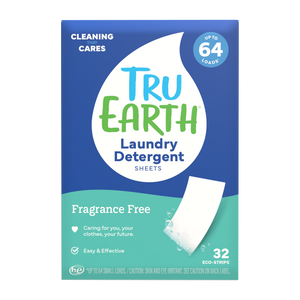Tru Living
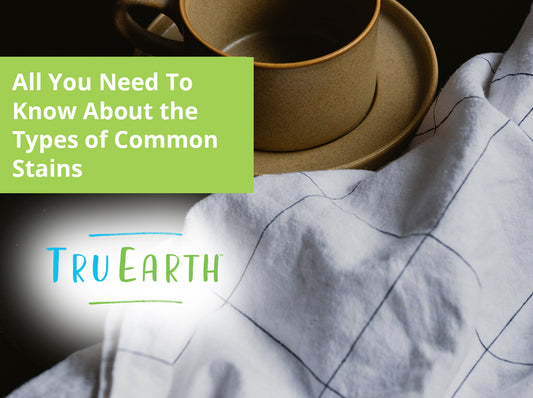
read more
All You Need To Know About the Types of Common Stains
We all know the frustration of having our clothes and fabrics ruined by dreaded stains. But, it doesn't have to be a total disaster if you know what type of stain is on your item and how to tackle it with the right materials!
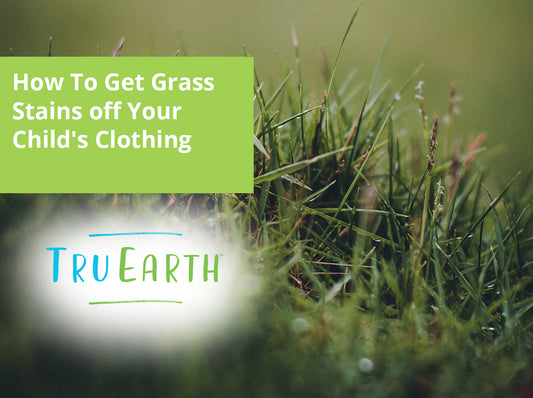
read more
How To Get Grass Stains off Your Child's Clothing
Ah, summertime - the perfect time for children to head outside and explore nature. Whether they’re running through a lush grassy field or rolling down a hillside, it can be one of the most magical times of year for kids. And, it's quickly approaching!
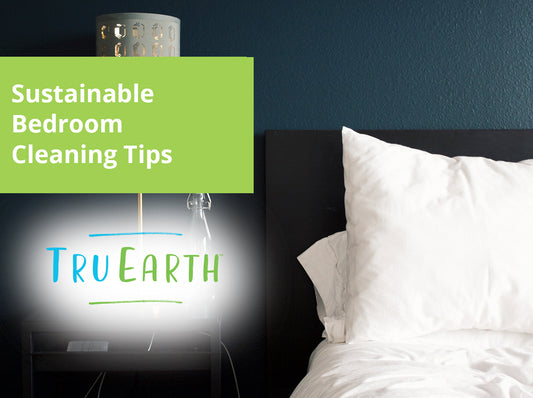
read more
Sustainable Bedroom Cleaning Tips
If you are looking to create a bedroom that is not only inviting and comfortable but also eco-friendly, then you need to start by revamping your spring cleaning practices. By making small changes in the way we clean our homes and paying attention to the materials we use for decorations, we can make a huge difference in the environment.
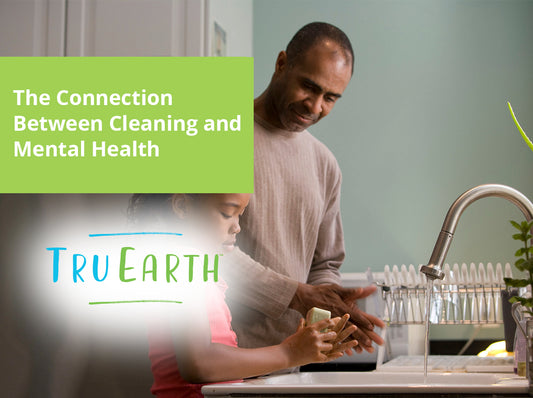
read more
The Connection Between Cleaning and Mental Health
Are you feeling overwhelmed and down lately? It may be time to break out the cleaning supplies! Believe it or not, there can be a strong connection between your mental health and having a clean home.

read more
Tips for Green Pet Care at Home
The environment is a pressing issue for many of us, leading to a surge in sustainability and environmental responsibility initiatives worldwide. For pet owners, particularly those who care deeply about their animal companions, this also means finding ways to reduce their impact on the planet through eco-friendly pet care practices.
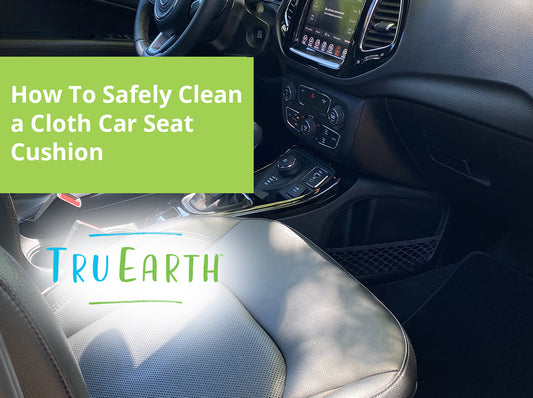
read more
How To Safely Clean a Cloth Car Seat Cushion
Keeping your car’s seats clean is essential to keeping your car looking its best. Regular vacuuming is the best way to keep dirt and debris from building up in the fabric of the seats, and it should be done at least once a week. A detailed cleaning should be done once every few months or less, depending on the interior of your vehicle.

